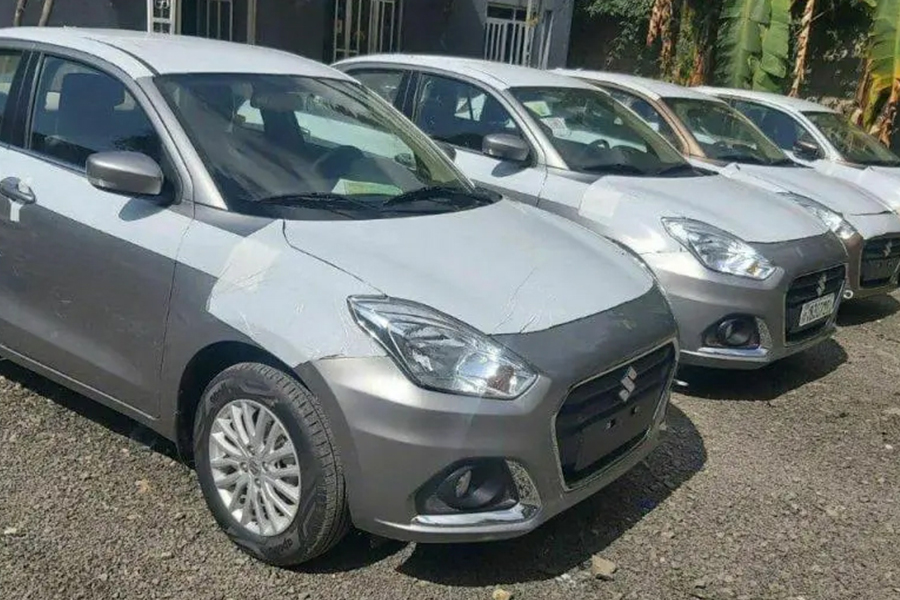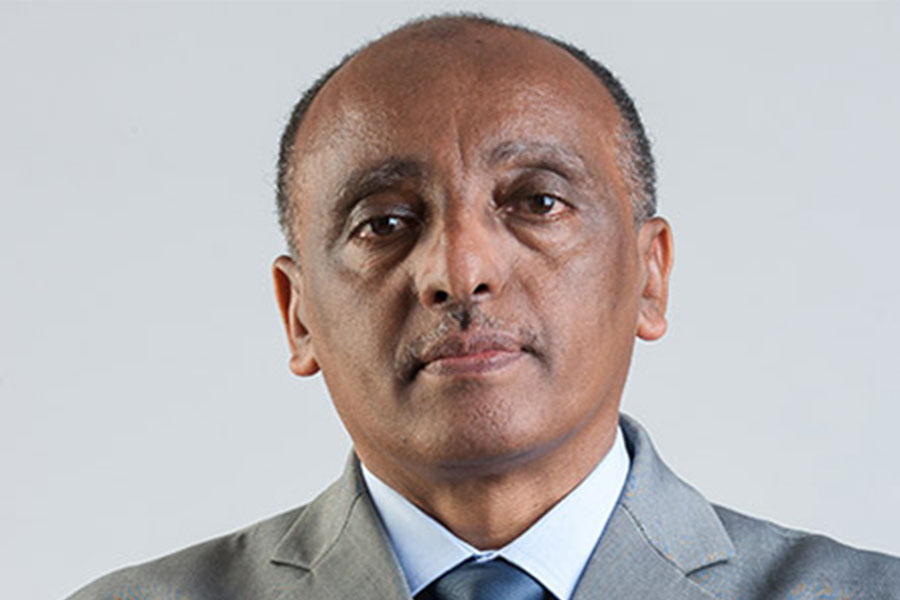
Commentaries | Jun 14,2025
Jan 28 , 2023
By Rabah Arezki
Multilateral development banks (MDBs) have become the darling of policymakers nowadays. In a recent speech, US Treasury Secretary Janet Yellen called on the World Bank and other international lenders to support developing countries struggling with the effects of rising inflation and aggressive interest-rate hikes. And a recent independent report commissioned by the G20 concludes that these institutions are uniquely positioned to help governments achieve the United Nations' Sustainable Development Goals.
The G20 report argues that these banks could expand their lending without hurting their AAA credit ratings were it not for excessive capital-adequacy requirements that limit lenders' ability to take risks.
But which countries would benefit the most from an increase in multilateral financing?
While multilateral development banks play a critical role by providing long-term loans at concessional interest rates to low-income countries (LICs), the overwhelming majority of their financing goes to middle-income countries (MICs). A recent OECD report finds that 70pc of the loans went to MICs in 2020, following a large increase in lending to lower-middle-income countries (LMICs).
The problem is one of allocation, not volume. Clearly, MDBs must significantly increase their lending to developing countries struggling with extreme poverty and limited institutional capacity. Unlike middle-income countries, most developing countries have little to no access to capital markets. They are in dire need of financing, owing to the disproportionate effects on their economies of the COVID-19 pandemic, the war in Ukraine, and climate change.
Why, then, is multilateral lending so skewed toward middle-income countries?
The reason is rooted in the banks' financing model. International lenders like the World Bank, the African Development Bank, and the Inter-American Development Bank rely on their perfect credit ratings to borrow cheaply and lend at higher rates to middle-income countries that have not yet reached investment-grade status or lost it. At the same time, lending to developing countries is somewhat separate and financed mainly through direct contributions from shareholding governments to LIC-focused bodies like the World Bank's International Development Association (IDA). Without lending to MICs, the argument goes, the MDB model will not be viable. But with more MICs graduating to investment-grade ratings, multilateral lending could eventually dwindle.
Many low-income countries have been trying to reduce their dependence on MDBs; several have even borrowed in international financial markets for the first time in decades. But the current confluence of economic and geopolitical crises has stalled these plans. In the face of aggressive monetary tightening, most LICs have effectively lost access to capital markets, leading to painful negotiations with creditors and a looming debt crisis.
Ghana's recent default could be a harbinger of future financial calamities. In recent years, the emergence of non-traditional creditors like China has allowed LICs to diversify their borrowing. But the opaque nature of resources-backed loans has raised doubts about the sustainability of such financing, which seems to have dried up. There are, however, some encouraging signs that China might join the Bretton Woods institutions in allowing low-income countries to restructure their debts.
While multilateral development banks should increase their lending to LICs, doing so is more complicated than many seem to realize. A major obstacle is these countries' limited absorptive capacity, which leads to a scarcity of bankable projects. Likewise, the fact that most LICs have underdeveloped private sectors makes it difficult to scale up investments, particularly for lenders like the World Bank's International Finance Corporation (IFC), which focuses on support for private firms. Moreover, the International Monetary Fund's strict debt-limit policies can impede developing countries' ability to borrow from MDBs – preventing LICs from accessing dozens of billions of dollars when they need it most.
There is no easy solution to this conundrum. Sending MDB staff to LICs could help to build these countries' institutional capacities and implement projects. And increased coordination between multilateral lenders and the IMF could help to prevent future bottlenecks. But merely pressuring MDBs to lend more could be ineffective and even counterproductive. For example, lenders could be tempted to prioritize budget support – designed to encourage developing countries to undertake structural reforms they might have pursued anyway – over longer-term investment projects.
Simply put, lending more is not enough. To benefit LICs and their populations, international lenders must also focus on scaling up meaningful, transformative investments. Then, and only then, will the multilateral development institutions model finally reach its full potential.Rabah Arezki, a senior fellow at Harvard Kennedy School, is a former chief economist and vice president at the African Development Bank, a former chief economist of the World Bank's Middle East and North Africa Region, and a former chief of the commodities unit at the International Monetary Fund.
PUBLISHED ON
Jan 28,2023 [ VOL
23 , NO
1187]


Commentaries | Jun 14,2025

Commentaries | Oct 14,2023


Viewpoints | Dec 10,2022

Featured | Sep 10,2022

My Opinion | Jan 27,2024

Radar | May 14,2022

Viewpoints | May 06,2023

Fortune News | Dec 19,2020

Radar | Dec 24,2022

My Opinion | 131547 Views | Aug 14,2021

My Opinion | 127902 Views | Aug 21,2021

My Opinion | 125878 Views | Sep 10,2021

My Opinion | 123508 Views | Aug 07,2021

Dec 22 , 2024 . By TIZITA SHEWAFERAW
Charged with transforming colossal state-owned enterprises into modern and competitiv...

Aug 18 , 2024 . By AKSAH ITALO
Although predictable Yonas Zerihun's job in the ride-hailing service is not immune to...

Jul 28 , 2024 . By TIZITA SHEWAFERAW
Unhabitual, perhaps too many, Samuel Gebreyohannes, 38, used to occasionally enjoy a couple of beers at breakfast. However, he recently swit...

Jul 13 , 2024 . By AKSAH ITALO
Investors who rely on tractors, trucks, and field vehicles for commuting, transporting commodities, and f...

Jun 28 , 2025
Meseret Damtie, the assertive auditor general, has never been shy about naming names...

Jun 21 , 2025
A well-worn adage says, “Budget is not destiny, but it is direction.” Examining t...

Jun 14 , 2025
Yet again, the Horn of Africa is bracing for trouble. A region already frayed by wars...

Jun 7 , 2025
Few promises shine brighter in Addis Abeba than the pledge of a roof for every family...

Jun 29 , 2025
Addis Abeba's first rains have coincided with a sweeping rise in private school tuition, prompting the city's education...

Jun 29 , 2025 . By BEZAWIT HULUAGER
Central Bank Governor Mamo Mihretu claimed a bold reconfiguration of monetary policy...

Jun 29 , 2025 . By BEZAWIT HULUAGER
The federal government is betting on a sweeping overhaul of the driver licensing regi...

Jun 29 , 2025 . By NAHOM AYELE
Gadaa Bank has listed 1.2 million shares on the Ethiopian Securities Exchange (ESX),...